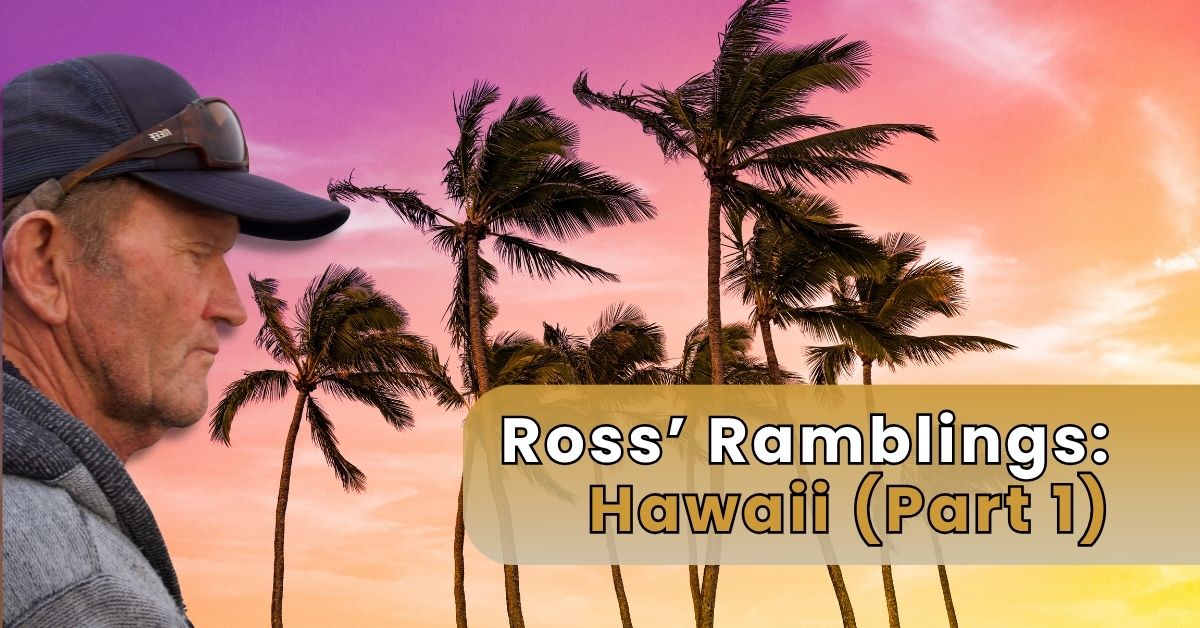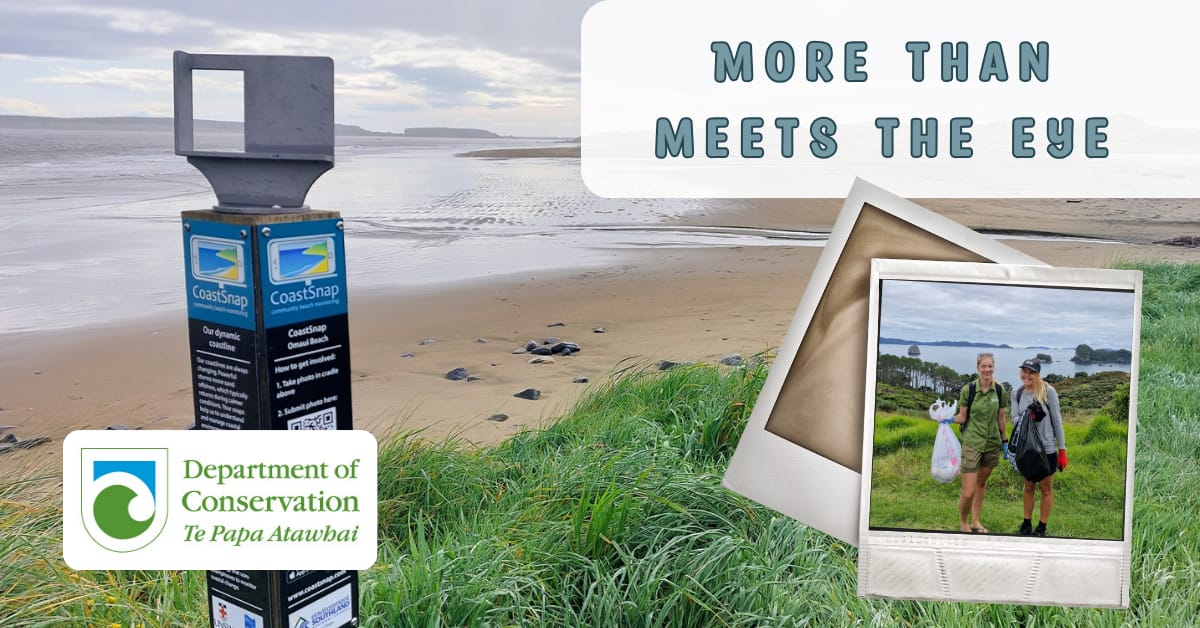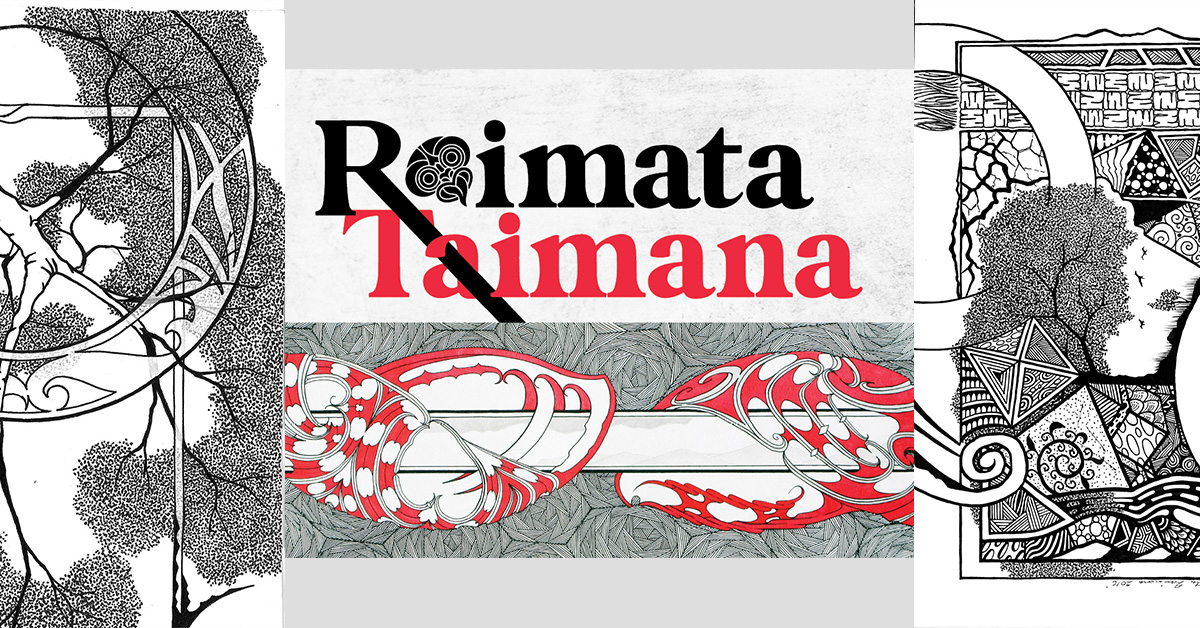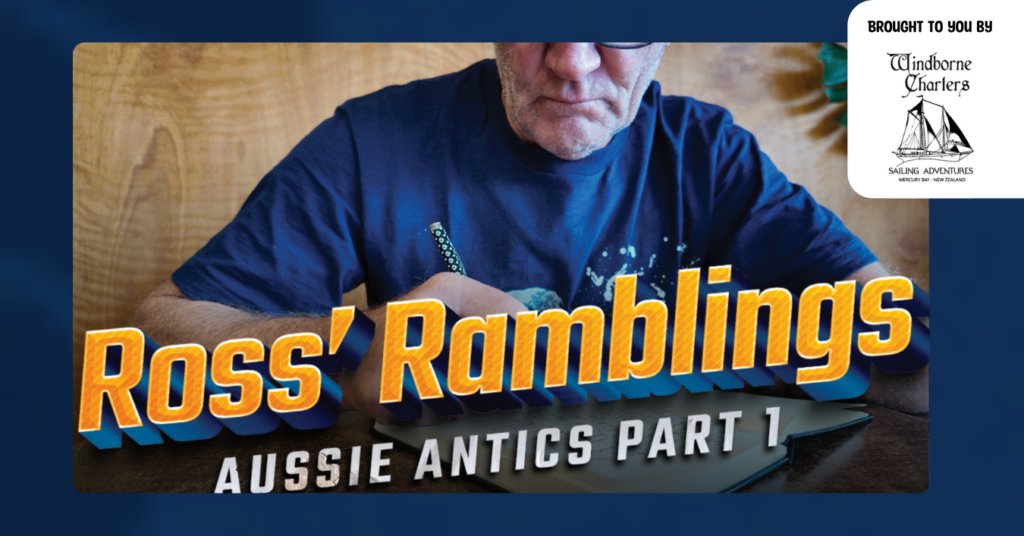
A journey through Sydney’s underbelly
The walk from my backpackers home in Sydney’s King’s Cross to the Matthew Talbot Hostel for homeless men in Woolloomooloo during the early eighties was colourful to say the least. On stepping out the door at 8 am during the first couple of weeks of my new job, I was surprised to see the used syringes lying on the pavement, ladies of the night still lounging on street corners offering different prices for the various services they could provide and outside the hostel itself small groups of men sitting or lying on the footpath jealously guarding the paper bags containing the bottles that were the cornerstone of their lives. These were some of the homeless alcoholics that the Catholic St Vincent de Paul Society were trying to help by providing a safe environment, meals and a bed in Australia’s largest city. I learned later that on benefit day the paper bags hid bottles of cheap wine, but as the week went on and the benefit ran out the wine was replaced by a cheaper product they called ‘ghum’, named after the sound that is made when a chilled bottle of meths, bought from an unscrupulous nearby dairy owner, is opened.
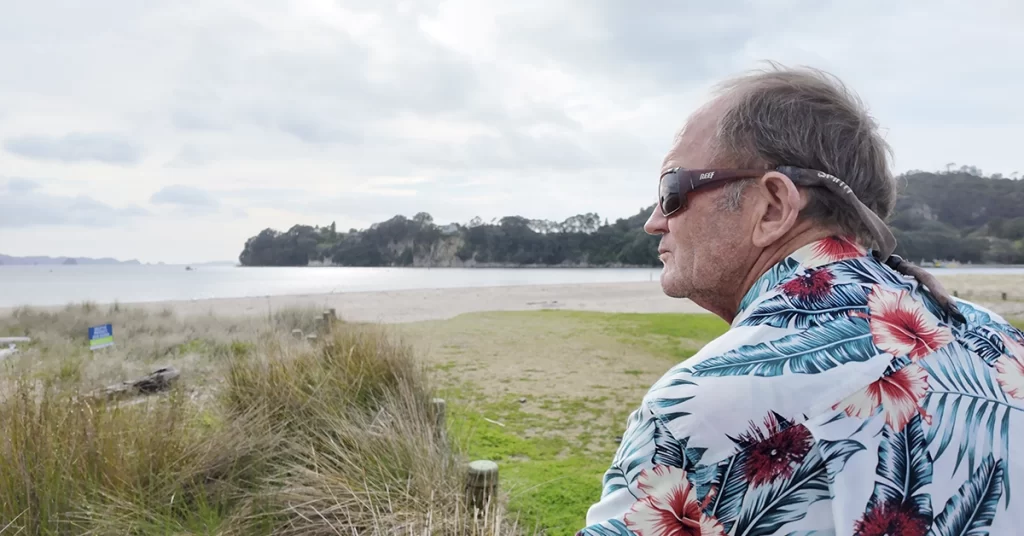
After arriving in Sydney, I had found some casual work on building sites which paid well but didn’t really provide a lot of work satisfaction. So, I started looking for something a bit more interesting. I applied for a job as education officer at Long Bay prison. I was granted an interview and met some of the inmates I would be teaching. Unfortunately, or perhaps fortunately given the volatile characters of some of my would-be students, I failed to get the job and so applied for another one which looked interesting. It was a 6-month relieving position as a social worker, standing in for a nun who was going on leave (not the maternity kind). I was interviewed by the manager of St Vincent de Paul, a very nice man who was the brother of a well-known Kiwi broadcaster at the time. He liked the fact that I was also a Kiwi and he must have seen something else he liked because he gave me the job despite the fact that I wasn’t a Catholic. My job was to manage halfway houses and interview men who frequented the hostel but wanted to find a more satisfactory living situation by moving to one of these houses that St Vincent de Paul operated in Sydney’s western suburbs.
“After arriving in Sydney, I had found some casual work on building sites which paid well but didn’t really provide a lot of work satisfaction”.
I had previously supported my dear old mum at a few AA meetings in Auckland where the 12 steps of Alcoholics Anonymous as guiding principles to help addicts overcome their addiction, were outlined. They involved, amongst other things, the concepts of honesty, admitting the existence of their alcohol problem and their powerlessness over it, faith in a higher power to help overcome the problem and the courage to make an honest evaluation of themselves and to develop strategies to overcome their addiction. The meetings always ended with the serenity prayer, “God, grant me the serenity to accept the things I cannot change, the courage to change the things I can, and the wisdom to know the difference.”
During my first few days in the new job, I attended several AA meetings at the hostel. The 12 steps are grounded in the belief that while drunkenness can be a choice, alcoholism, or the now more accepted term of alcohol use disorder (AUD), is a disease of the mind, body and spirit and often involves cycles of remission and relapse. Figures concerning recovery and relapse vary widely but attending some meetings reacquainted me with the steps and connected me with some of the men I would be working with.
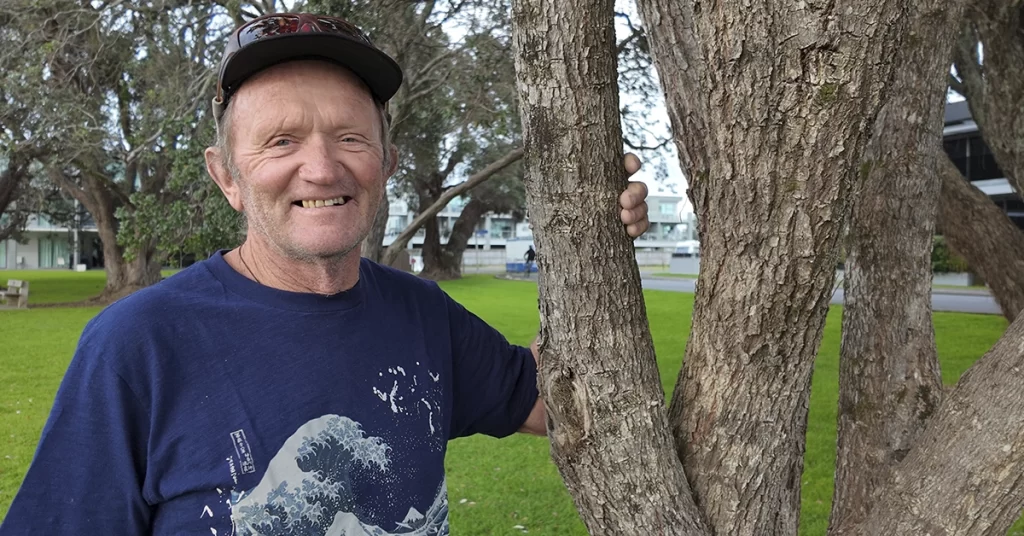
I was in my early thirties, didn’t drink, was quite idealistic and more than a little naive about my ability to help some of my wards. I remember my first interviews with prospective halfway house tenants. I told them about how the houses operated. There were six men in each house, supervised by a house leader who would liaise with me concerning the running of the house and any problems that arose. No drugs or alcohol were to be consumed in the house, no women were to be there and the men were asked to attend an AA meeting each week, and encouraged not to visit the local pubs. All food, drink and supplies would be delivered weekly by St Vincent de Paul. There was also a budget for hobbies or projects the men wanted to undertake, as well as support for those who wanted to do odd jobs. I was to visit each house twice a week to see how the men were getting on. I thought that it was a pretty worthwhile programme to be a part of, so off I went in my van keen to help these men who I thought were trying to help themselves.
“I was in my early thirties, didn’t drink, was quite idealistic and more than a little naive about my ability to help some of my wards”.
At first things seemed to run smoothly and I enjoyed my visits to the men, thinking that their move from the hostel had improved their lives. The house leaders generally gave me good feedback about the group they were responsible for, and of course I believed what they told me. Some of the men really did benefit from their new circumstances. However, my naivety soon became apparent when one of the men informed me that his house leader, together with several of the men, had been taking the food that was delivered each week down to the local pub and raffling it off to the highest bidder. The proceeds were then spent at the bar. A few days later, another inspection at a different house revealed evidence of drug use and the disappearance of the offender. When, as part of my job, I included such disrupting incidents in my weekly report, those involved were usually expelled from the house.
“Some of the men really did benefit from their new circumstances”.
I slowly became wise to some of this abuse that was happening and decided to vary the days and times of my visits which had previously happened at 11 am on Tuesdays and Thursdays. So, one day I arrived earlier than usual on a Wednesday only to be greeted by loud, thumping music and the sound of female voices. I went into the living room where a full-blown party was happening attended by the house tenants and a group of randoms from who knows where. The house leader Jerry, who I thought had been doing a stellar job managing the house, greeted me with a bottle of beer in his hand and offered me a drink. I politely declined and took him aside for a wee chat. He said he had met the people at the pub and they had all ended up at their house. “It’s 10 o’clock in the morning,” I said dumbfounded. “You’ve been partying all night?” “Well, you know Ross. We live here with all these rules about what we can and can’t do. Sometimes, we just need to let our hair down.”
To be continued …
Words by Ross Liggins

Coromind: Coromandel’s Collaborative Magazine

Help us take Coromind Magazine to new heights by becoming a member. Click here
Change the Weather for Your Business: Advertise with Us.
Advertise your business in the whole Hauraki Coromandel in the coolest Coromandel Art Magazine, from Waihi Beach/Paeroa /Thames up to the Great Barrier Island.
Advertise Smarter, Not Harder: Get in Touch



